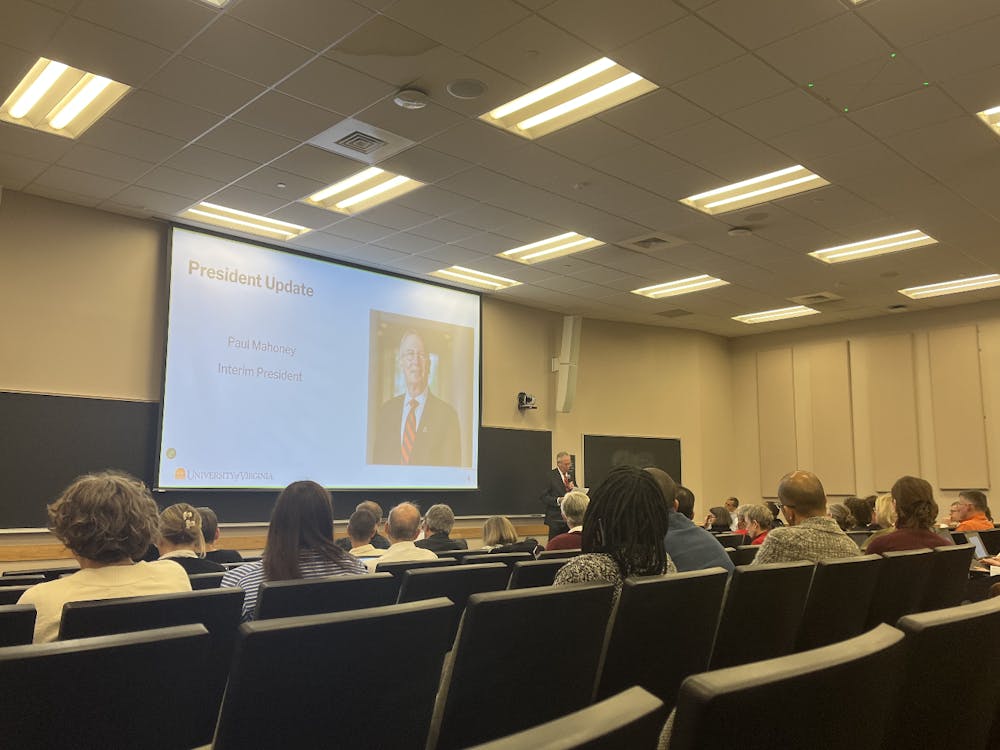Although some students may believe landlords unfairly discriminate against them by virtue of being students, landlords who do so may not be violating local equal housing opportunity laws. Federal and state civil rights laws, called fair housing laws, protect residents from discrimination in the rental, sale, financing and advertising of housing.
These laws offer protection based on race and religion, among other protections, but in Charlottesville do not offer specific safeguards for students.
However, "everyone is protected by fair housing laws, even if a student isn't on the list of protected classes here in this part of Virginia," said Karen Klick, Piedmont Housing Alliance deputy director. "That is because everyone has a race, a color, a national origin, a religion, a gender, and some have disabilities or are part of a family with children.
Though students do not fall under those protected groups in Charlottesville, some cities, including Washington, D.C., have specifically included students in housing laws.
"D.C. university students had terrible problems - no one would rent to them," Klick said. "People should know their rights. Whether they are students or not, they shouldn't be treated any differently."
Although Klick said she has not had many University referrals, she was contacted by an anonymous area landlord who asked if it was legal to rent units to female students only, under the assumption that females would take better care of the property.
"I told him 'probably not,'" she said. "You can't assume that because someone's a certain gender that they'll behave a certain way"






